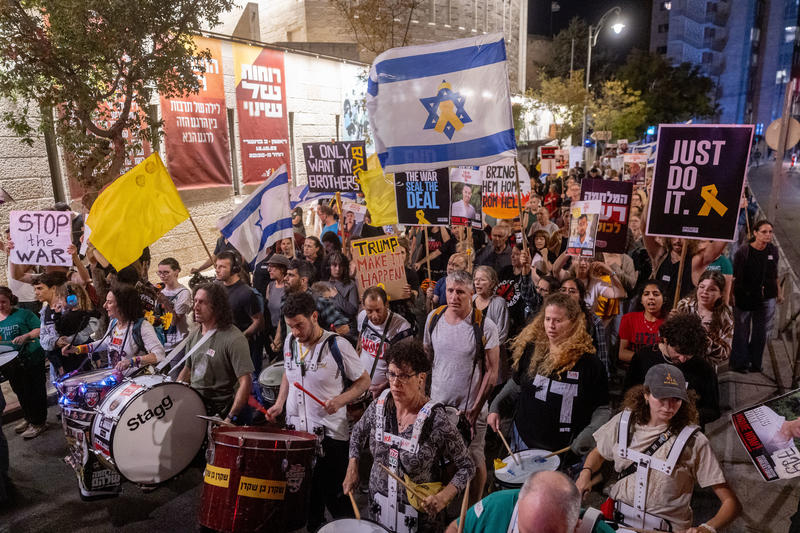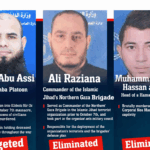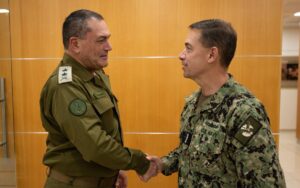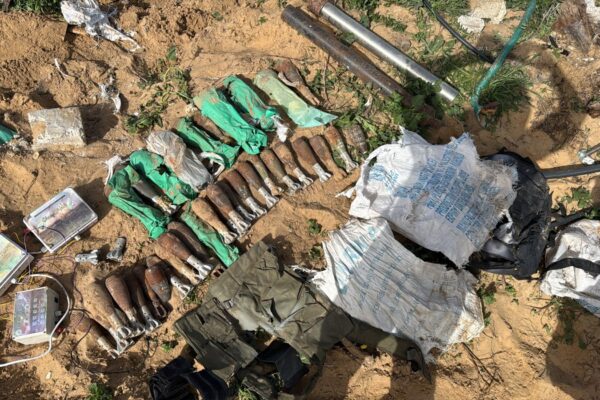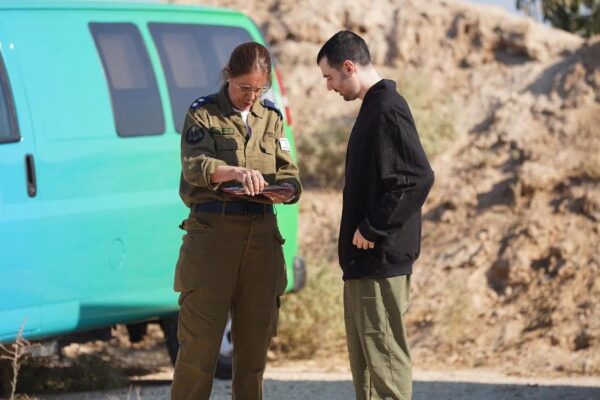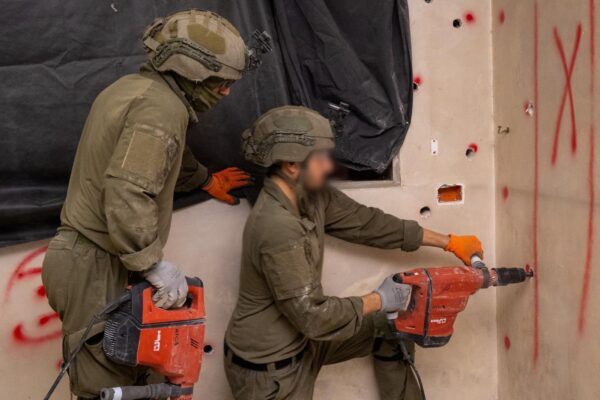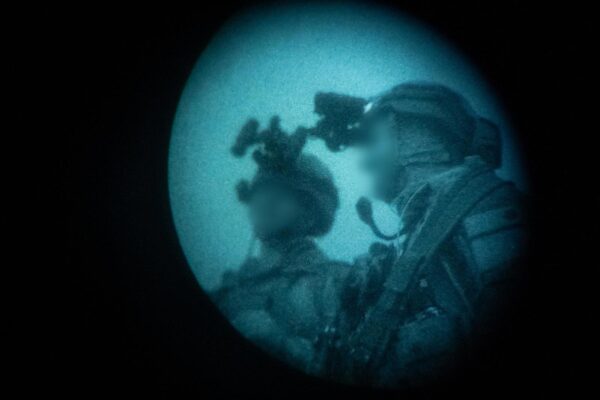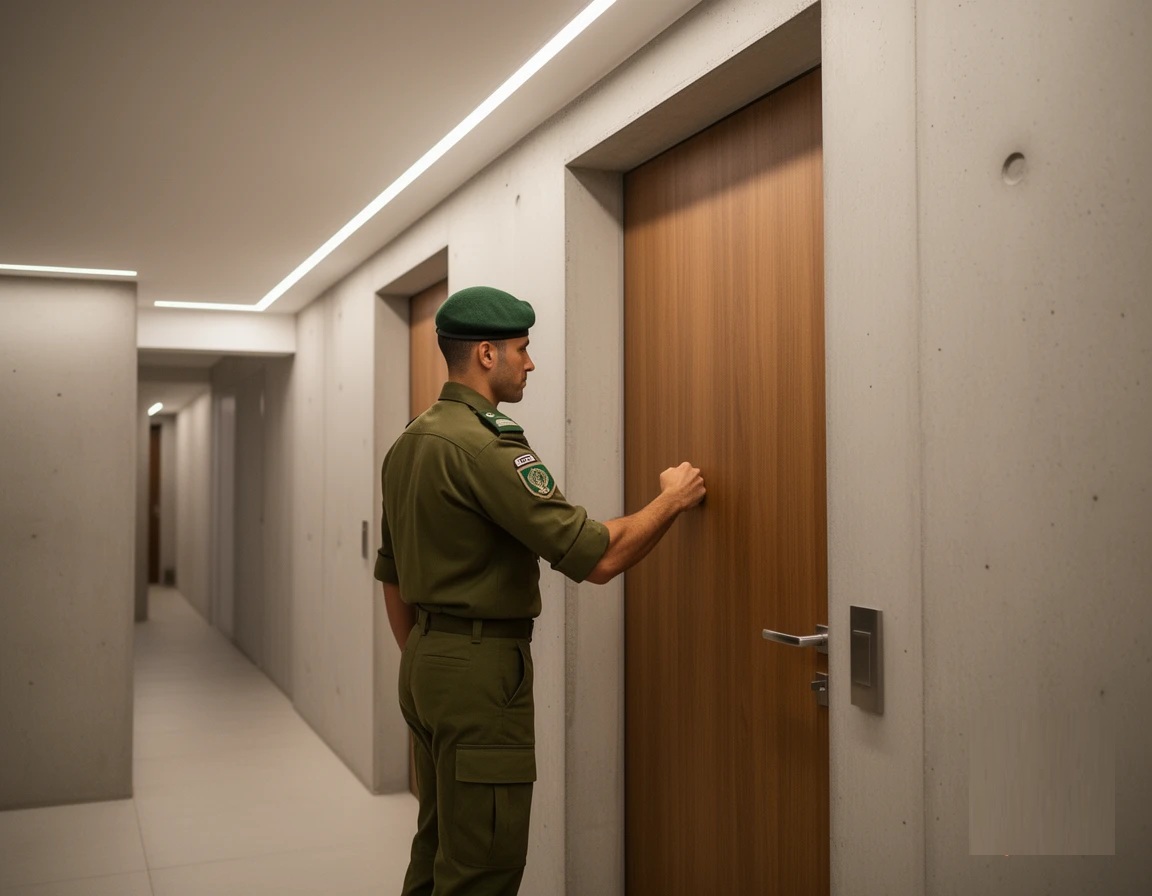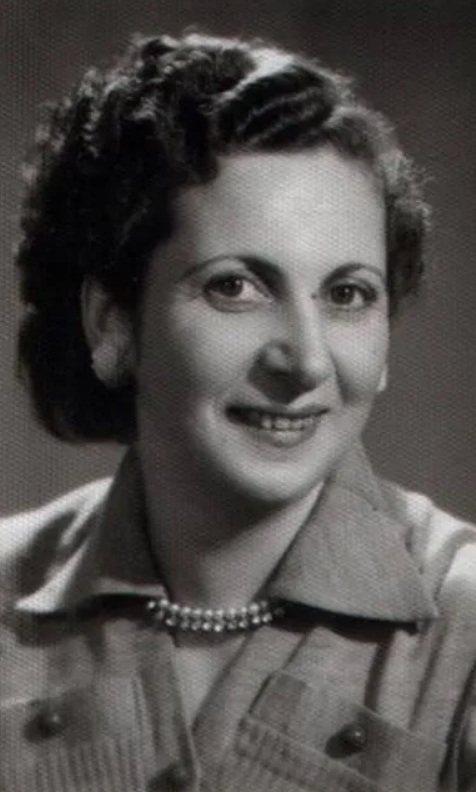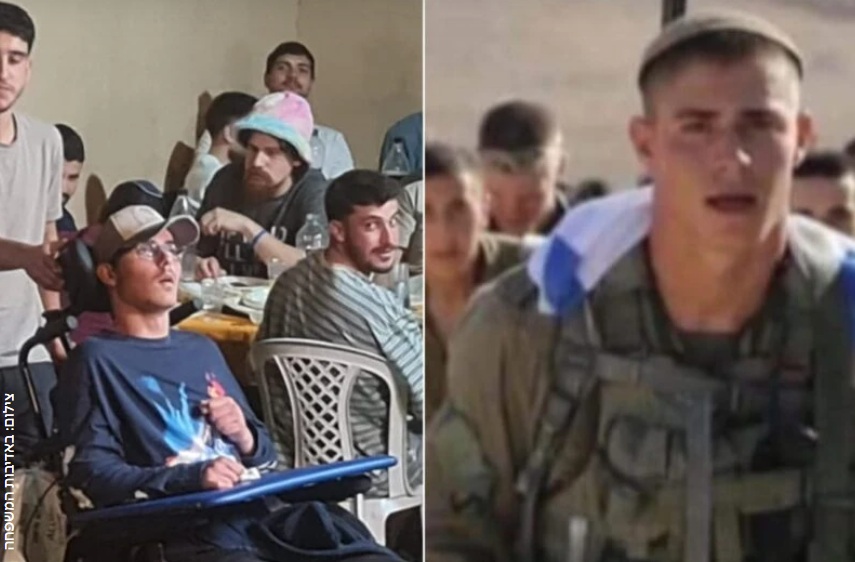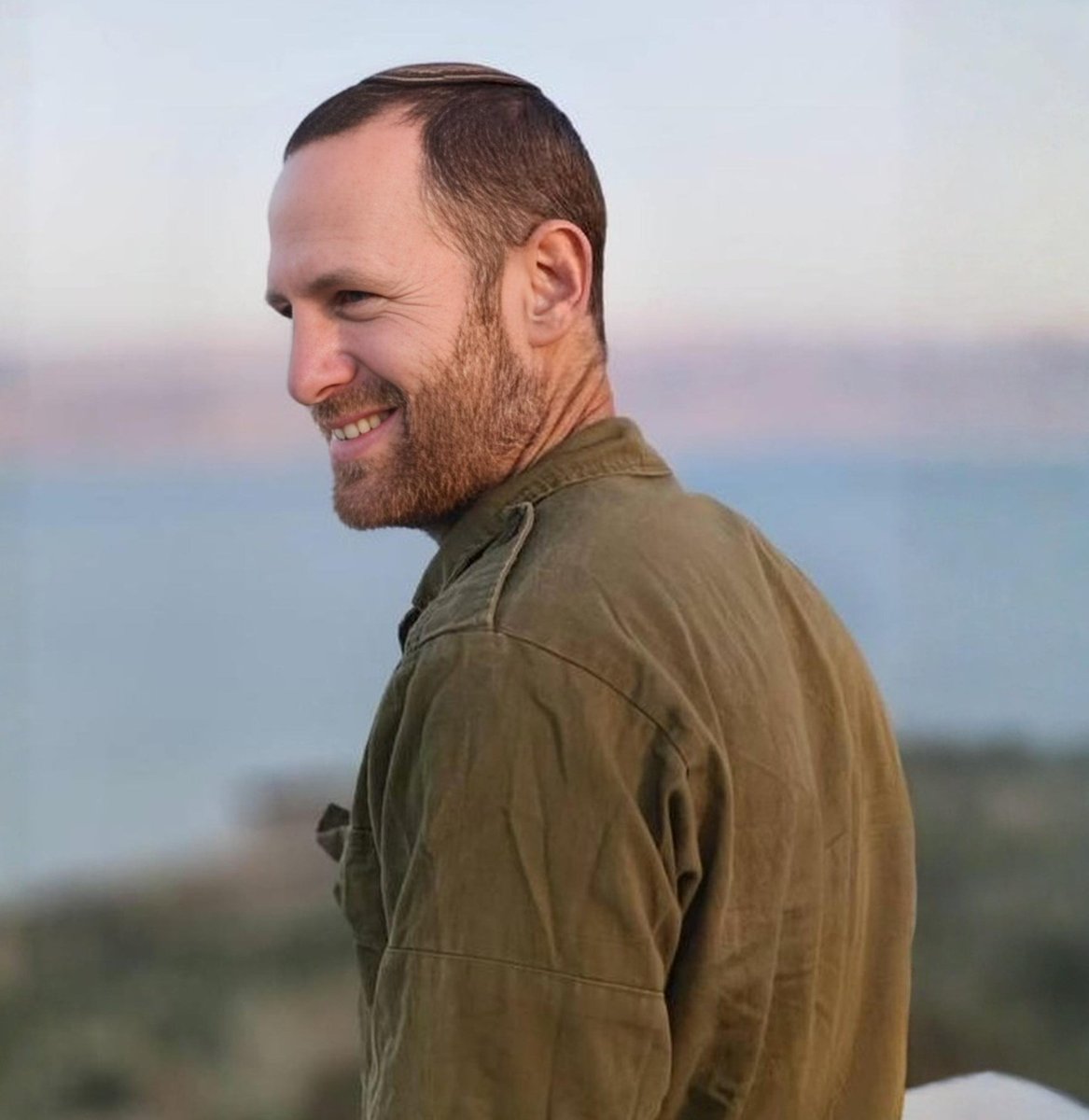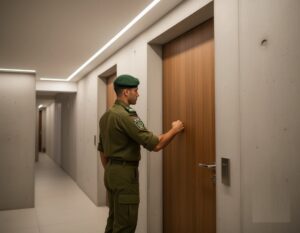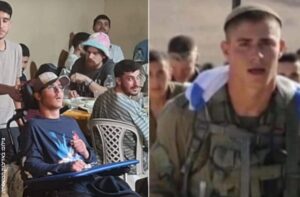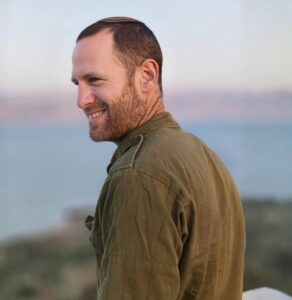The initial plan includes staged care—beginning with the first 24 hours and extending to long-term follow-up—without any fixed end date.
By Pesach Benson, TPS
Israel’s health, justice, and security institutions began mobilizing on Thursday for the long-awaited return of hostages held by Hamas and the parallel release of Palestinian prisoners.
The Health Ministry said Thursday that it has completed preparations to receive the returnees, drawing on what officials described as “hard lessons from previous release and rescue efforts.”
The effort is being coordinated by Dr. Hagar Mizrahi, head of the ministry’s Medical Division.
Three hospitals — Sheba Medical Center, Tel Aviv Sourasky (Ichilov), and Beilinson Medical Center — will serve as the main facilities receiving the freed hostages.
In cases requiring immediate intervention, Soroka Medical Center in Beer-Sheva and Barzilai Medical Center in Ashkelon are on standby.
Mizrahi said medical teams have been instructed to expect a range of possible complications after prolonged captivity.
“We are reinforcing monitoring and intensive care capacity beyond what is normally required,” she said.
Among the chief concerns is refeeding syndrome, a potentially fatal condition that can occur if malnourished individuals are given food too quickly.
According to Mizrahi, Israel even passed along detailed medical guidance through the Red Cross weeks ago “in the hope that those instructions might prevent harm before release.”
Beyond physical care, officials are emphasizing mental health recovery. “The psychological toll will be profound,” said Mizrahi.
“Our priority is to ensure that support continues well after hospitalization, according to the wishes of each returnee and their families.” Families of the hostages will also receive briefings and counseling before reunions.
The Ministry of Welfare and Social Affairs has completed its own extensive reintegration program for the returnees.
“We are preparing for a long and difficult rehabilitation process,” said Eti Kissos, deputy director of the ministry.
“Every individual will have a social worker and a community care coordinator to guide them through recovery and liaise with medical professionals.”
The plan includes staged care—beginning with the first 24 hours and extending to long-term follow-up—without any fixed end date.
Meanwhile, the Religious Services Ministry and the Institute of Forensic Medicine have been preparing for the possible return of the bodies of deceased hostages.
Teams have been assigned to conduct identification procedures, which may take several days in complex cases, before funerals and official ceremonies are held by the IDF’s Military Rabbinate.
Releasing Prisoners
In parallel, Israeli security forces are bracing for the prisoner releases set to accompany the hostages’ return.
In Judea and Samaria, the Israel Defense Forces have been ordered to prevent public celebrations that could spark unrest.
Units have been directed to intervene preemptively, and intelligence officers are contacting families of prisoners to warn them against organizing mass gatherings.
The Israeli Prison Service is concentrating Palestinian prisoners at the Ofer and Ketziot prisons, where they will undergo identification, medical examinations, and security checks.
They will also be examined by Red Cross personnel. All released prisoners will be processed at Ofer Prison before being sent to their home communities, where security agencies will continue monitoring their activity.
The Justice Ministry has also been working against the clock to finalize legal documents enabling the release of Palestinian inmates.
The State Attorney’s Office expects petitions from families of terror victims opposing the releases, but senior officials anticipate that the High Court will approve the deal swiftly, citing its political and security significance.
The list of prisoners slated for release will be published on government websites to allow a 48-hour window for appeals before the exchange is executed.
Approximately 1,200 people were killed, and 252 Israelis and foreigners were taken hostage in Hamas’s attacks on Israeli communities near the Gaza border on October 7. Of the 48 remaining hostages, about 20 are believed to be alive.


